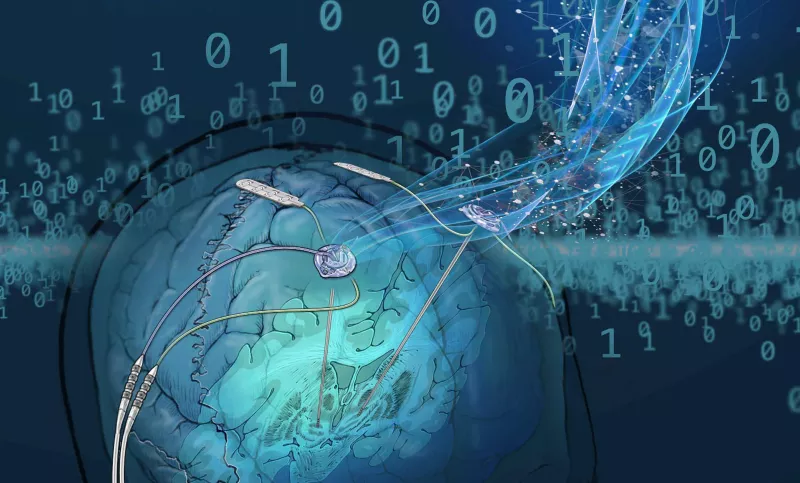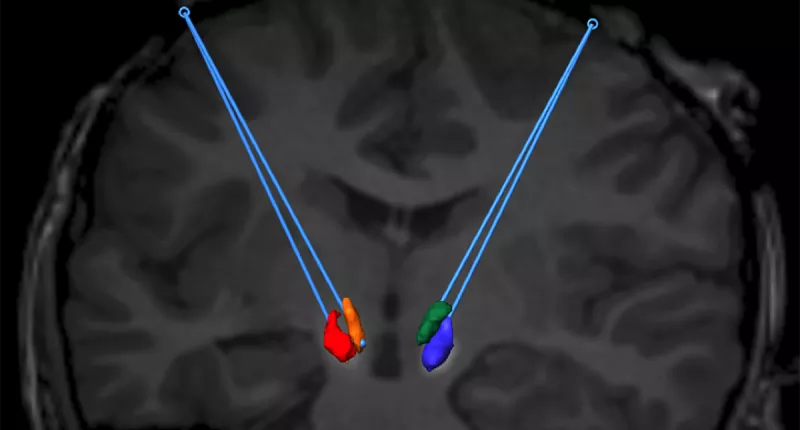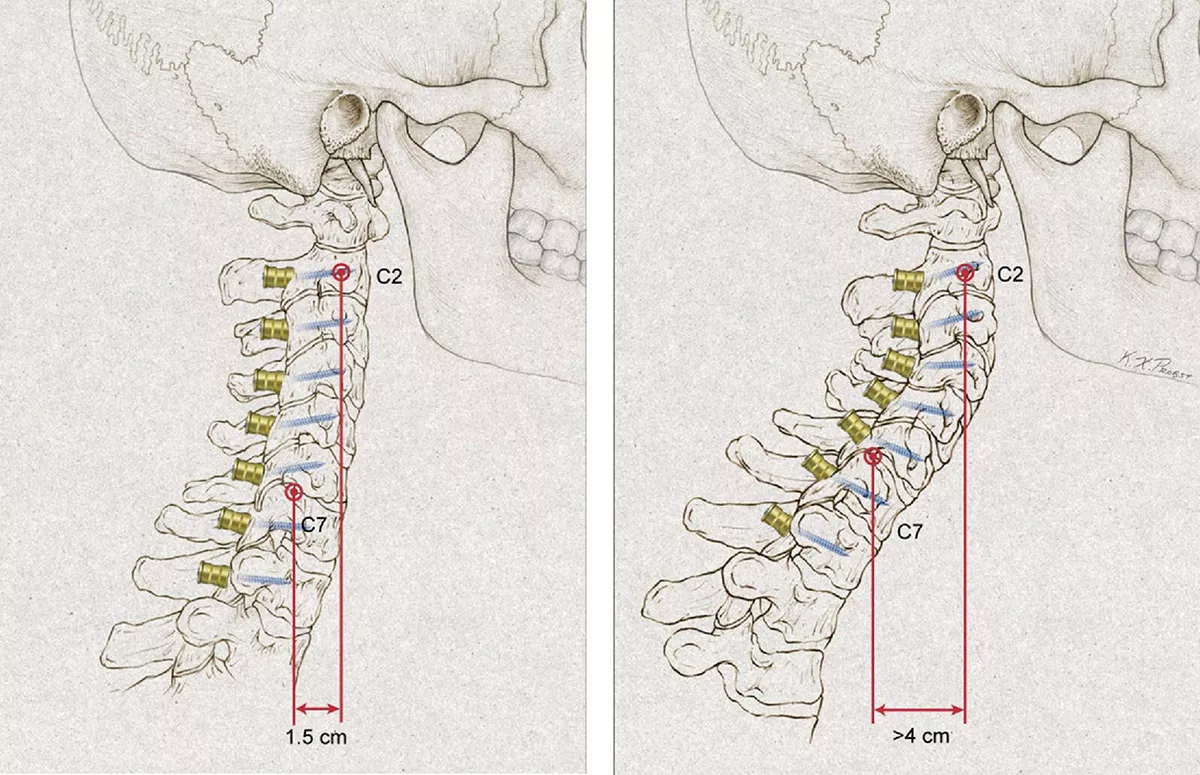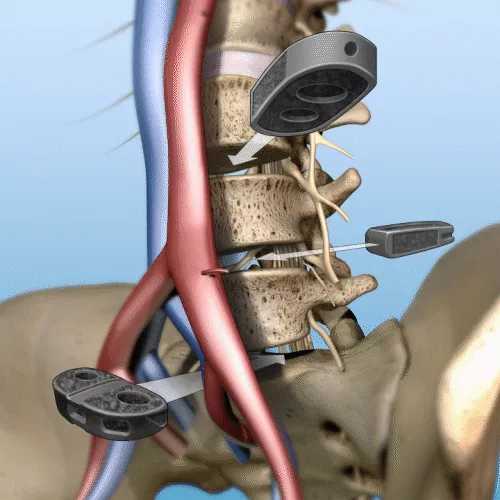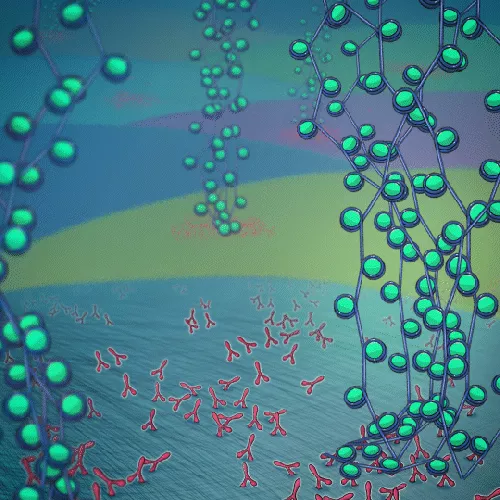UCSF and Northwestern Awarded $4.2M to Advance Glioblastoma Therapeutics
As part of the new NCI-funded Glioma Therapeutics Network, UCSF Brain Tumor investigators will advance two immunotherapy projects into clinical trials for patients.
UCSF Leads New Consortium on Advanced Neurostimulation Devices
UCSF leads the OpenMind Consortium, funded by a $4.4 million NIH grant from the NIH BRAIN Initiative, to develop open-source technology platforms for a new generation of neurostimulation devices that not only provide stimulation to the brain but also sense, record, and stream brain activity.
Improving Decision-Making When Treating Basilar Artery Aneurysms
More dual training for neurosurgeons can improve outcomes.
Gene Therapy Offers Long-Awaited Hope for Children with Rare, Incurable Disorder
Children with AADC deficiency experienced sometimes dramatic improvements in a gene therapy trial launched at UC San Francisco Benioff Children’s Hospitals.
For Concussion Patients, CTs Offer Window into Recovery
UCSF-led study matches brain imaging with prognosis, showing lingering impairment for some
Adult Cervical Deformity: A Complete Guide
A comprehensive review of cervical alignment parameters, deformity classification, clinical evaluation, and surgical treatment of adult cervical deformity.
Prognosis for Some Patients With Severe Brain Injury Better Than Expected
Surprising recoveries months later may prompt physicians to delay life-support discussions
For New Patients with Paralysis, Tighter Blood Pressure Control Management May Lead to More Mobility
Big data and machine learning studies at UCSF's Brain and Spinal Injury Center are changing care for patients with serious spinal cord injuries.
UCSF Team Honored with the Russell A. Hibbs Award
UCSF neurosurgeon Christopher Ames, MD, along with former UCSF neurosurgery resident Michael Safaee, MD, and molecular biologist Jue Lin, PhD, received the Russell A. Hibbs Award from the Scoliosis Research Society for a study linking telomere length to risk for complications with spinal deformity surgery.
Minimally Invasive Spine Surgery Algorithm
Minimally invasive surgery (MIS) for spinal deformity uses interbody techniques for correction, indirect decompression, and arthrodesis. A new minimally invasive interbody selection algorithm provides a framework for rational decision-making in MIS for deformity.
UCSF Weill Neurosciences Building Heralds New Era for Patients
The facility, which was designed to foster connections among scientists and clinicians in neurology, neurosurgery and psychiatry, will serve as a global destination for researchers to develop innovative treatments for intractable brain diseases.
Skull Base Surgeon Joins UCSF Brain Tumor Center
Ezequiel ‘Eze’ Goldschmidt, MD, PhD, brings expertise in complex and minimally invasive skull base surgery.
New Technology Reveals Genome Architecture Within The Nucleus
GO-CaRT technology generates the first maps of how the genome is spatially organized in the nucleus of brain cells.
Interactions of Age and Blood Immune Factors and Noninvasive Prediction of Glioma Survival
For the first time, researchers use blood immune profiling to assess prognosis across glioma molecular subtypes.
Functional alterations in cortical processing of speech in glioma-infiltrated cortex
UCSF Brain Tumor Center investigators show how brain cancer cells remodel speech circuits.


